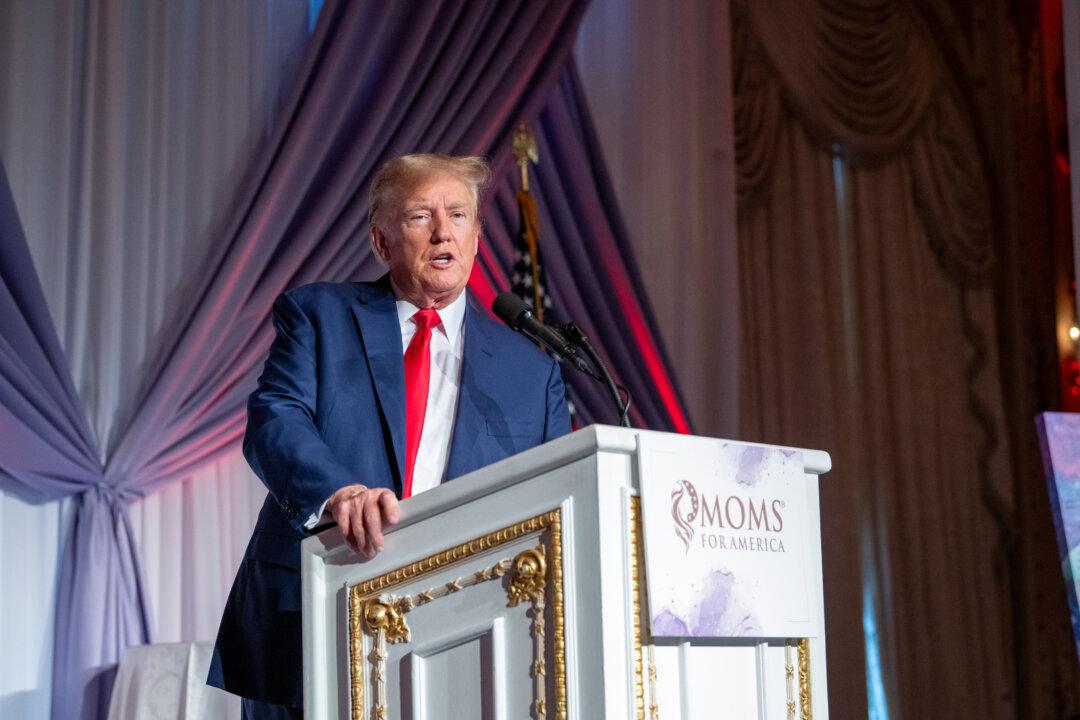Attorneys for former President Donald Trump told the U.S. Supreme Court on Wednesday that special counsel Jack Smith has misrepresented the case against the former president in the high court.
They argued that prosecutors have requested the case be tried “at breakneck speed,” and urged caution, opposing the request. “The petition for writ of certiorari before judgment should be denied,” the new brief reads.





